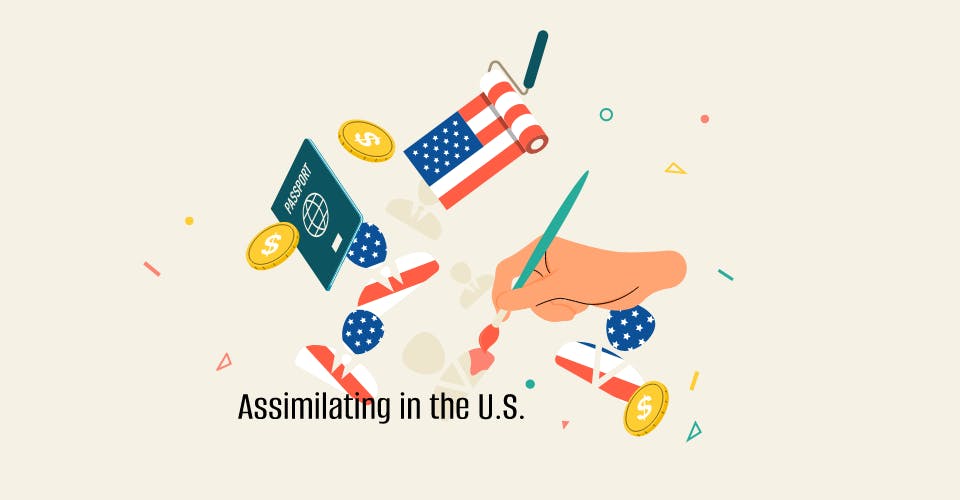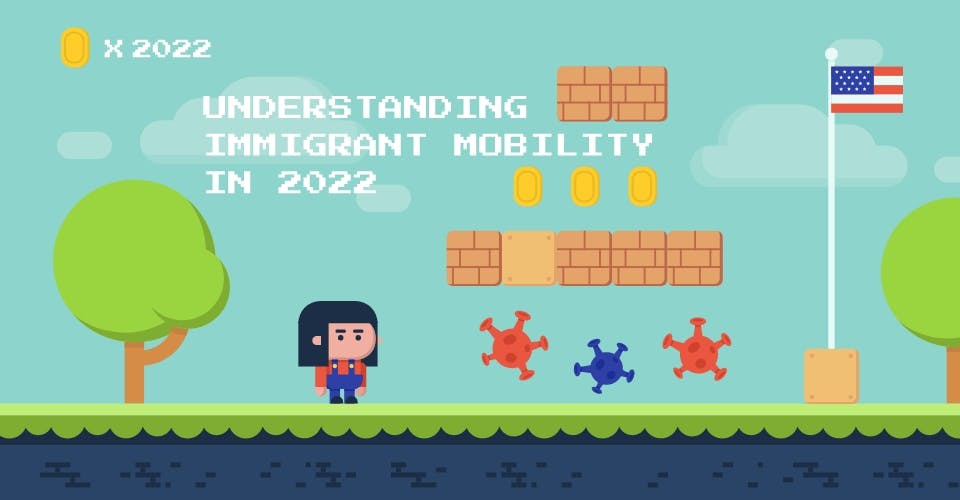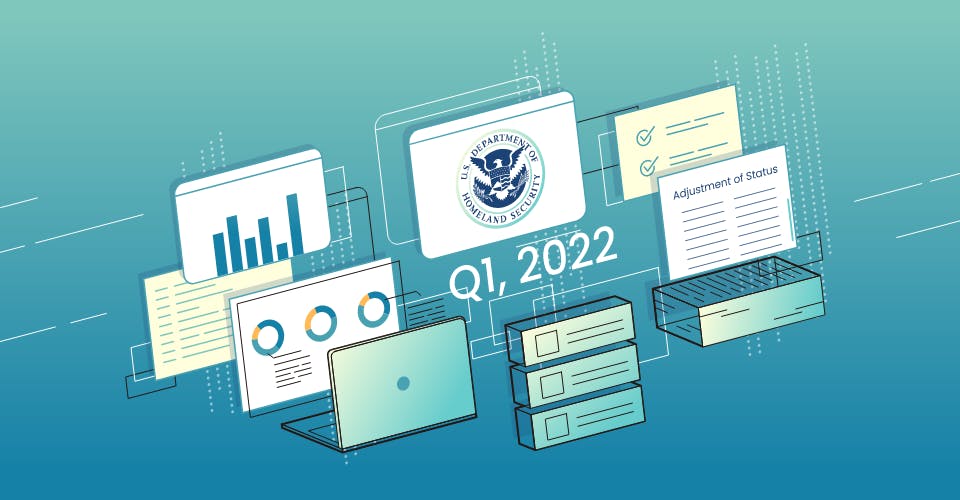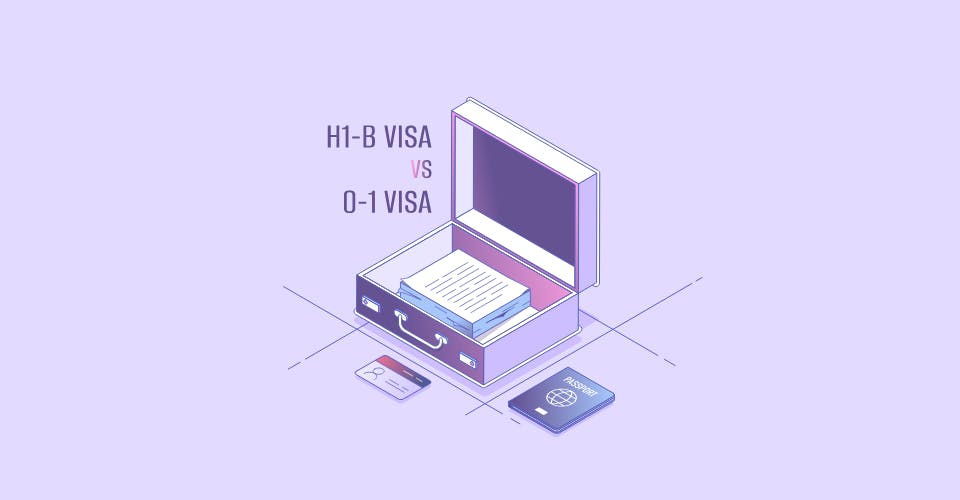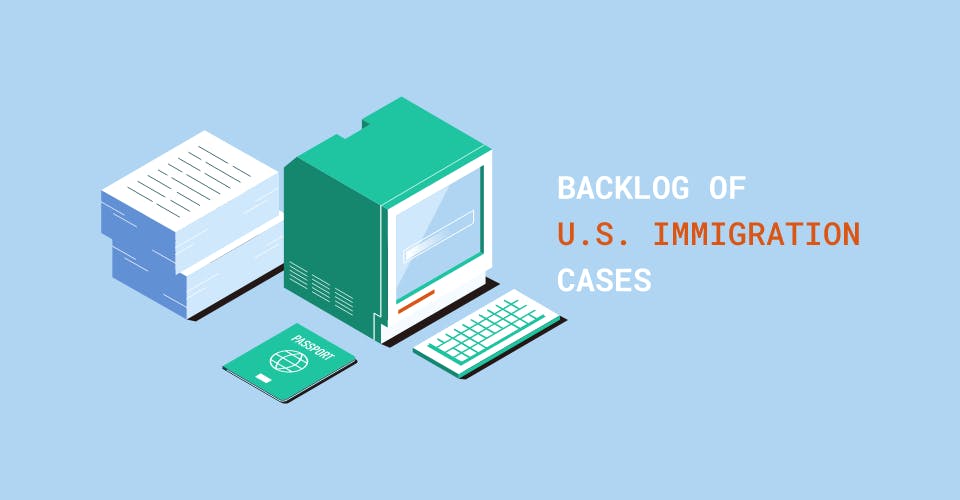The I-360 is a petition for Amerasian, Widows, and Special Immigrants. As part of U.S. immigration law, there are special provisions to help battered spouses, as well as children, of U.S. citizens or legal residents to seek their own green card without the cooperation of those who have abused them. Thus the I-360 is a self-petitioning document that the spouse, or child, for example, will need to complete in order to be eligible for a green card in the United States. The USCIS does not notify the abuser of the petition or its processing. Applicants who fit under the Special Immigrant category also are exempt from paying the $435 dollar fee normally associated with this filing. This post will focus on those special immigrant children who are self-petitioners and are pursuing a green card.
Processing Times
Because of the situation of being a battered child or someone who has maintained an abusive relationship with a parent, applicants will want to know how quickly they can have their USCIS I-360 processed and a final decision made.
Processing times vary by the filing location. This is because some application support centers receive a much higher volume of applications, such as the California Service Center.
Below are the three main processing centers for the I-360, and their respective wait times:
California Service Center- 16.5 to 21 months
Nebraska Service Center- 3.5 to 7 months
Vermont Service Center- 18.5 to 24 months
However, applicants cannot simply just file at the location with the least wait time. They’ll need to follow protocol and file with the application support center that is relative to their individual case. For more information on knowing exactly where to file, see the most up-to-date filing procedures laid out on this USCIS link: https://www.uscis.gov/forms/direct-filing-addresses-for-form-i-360-immigrant-petition-for-amerasian-widower-or-special-immigrant
USCIS data on Special Immigrant Juveniles
The USCIS posts their quarterly and annual numbers as it relates to most applications in the family/employment based categories. For the I-360, the USCIS has accounted for the approval, denial, and number of petitions filed by foreign children in the United States who have been abused, abandoned, or neglected from the years of 2010-2020. These statistics are worth sharing.
First off, there is a steady trend of an increasing number of petitions filed every consecutive year. For example, in the first year of the data collected, 2010, there were 1,646 self-petitions filed by children. This number increased by nearly 600 in 2011, at 2,226 petitions filed. However, by the middle of the decade, in fiscal year 2015, there were 11,528 petitions filed by children. This is about a 700 percent increase in petitions being filed by neglected or abused foreign children in the U.S. in a matter of 5 years.
The number of petitions being filed after 2015 kept up at its exponential rate until it reached its peak of applications being filed in 2017 at approximately 22,000. In 2018 and 2019, the numbers dipped slightly at 21,917 and 20,721, respectively. In 2020, the number of applications received by the USCIS dropped by nearly 2,000 from the previous year, at 18,711 applications received.
Overall, the USCIS maintains a fairly high rate of approvals of I-360s for self-petitioning foreign children as described above. This is not to say that that the rate of approval for I-360s is high overall, because these statistics do not take into account the Amerasian, or Widow(er) categories.
From 2010-2015, the average approval rating in this category is 85 percent.
However, after 2015, and well into the Trump presidency, the numbers of approval start to decline more rapidly. In 2017, the approval rating for this type of petition is hovering at around 50 percent.
Discussion
With more applications in the system than ever before in this category, there could be a number of things happening, especially as an precipitous decline in approvals is apparent approaching 2020. The first is that more applications equals longer queues, which equals backlogs and months added to wait times. Some applicants who have had to wait for longer than a year might have given up on their application, or have found new housing away from their abusive relationships.
In addition, longer wait times could mean a disengaged applicant who does not realize the USCIS has sent them an RFE, for example. In this case, an applicant needs to respond to an RFE with appropriate documentation in order to have their case properly adjudicated.
In the next instance, former President Trump’s tough stance on immigration could have played a part in the standard of proof needed for an application to be approved. To elaborate on this point, each USCIS officer uses a discretionary analysis when ultimately deciding if an applicant should be approved or declined. Some experts have warned that the standard of proof was taken to a level, such as the “beyond a reasonable doubt” level.
For a closer look at the data acquired by the USCIS, please see the following link: https://www.uscis.gov/sites/default/files/document/reports/I360_sij_performancedata_fy2020_qtr4.pdf






